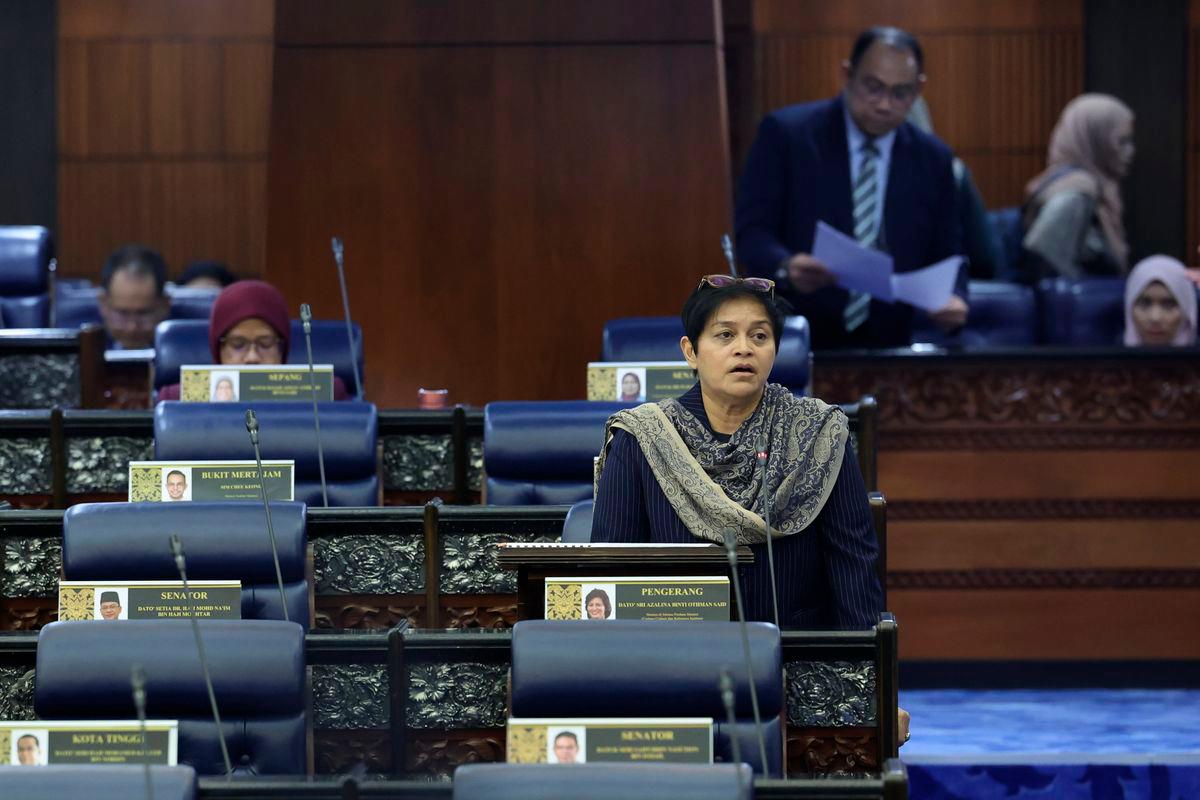KUALA LUMPUR: The Criminal Law Reform Committee (CLRC) has outlined several immediate reforms for Malaysia’s criminal justice system.
These changes aim to provide quick benefits to the public while aligning with modern legal standards.
Minister in the Prime Minister’s Department (Law and Institutional Reform) Datuk Seri Azalina Othman Said highlighted key proposals.
These include abolishing caning as a punishment and granting judges more flexibility in sentencing.
The reforms also focus on improving the remand process to protect detainees’ rights.
Community service orders will be expanded for minor offences as an alternative to jail time.
Azalina revealed plans to strengthen the e-Plea of Guilt (e-PG) system for faster case resolution.
Pre-trial document disclosure procedures will be enhanced to ensure fairer trials.
Fixed timelines for bail decisions will be introduced to prevent unnecessary delays.
These measures were announced during a Ministerial Briefing at the Dewan Rakyat’s Special Chambers.
The CLRC was formed on March 24 to review three key laws.
These are the Penal Code, Criminal Procedure Code and Evidence Act 1950.
Azalina confirmed the committee will study further amendments to the Criminal Procedure Code.
The review includes examining the death penalty moratorium and potential deferred prosecution agreements.
Cybercrime and national security offences will receive special attention during the reform process.
The CLRC has consulted widely with stakeholders to shape these proposals.
Engagement sessions involved enforcement agencies, judges and civil society groups.
Public universities and town hall meetings in Sabah and Sarawak provided additional feedback.
Azalina stressed these reforms support the MADANI Government’s vision.
The changes aim to modernise Malaysia’s criminal justice system while upholding human rights.
The government believes these measures will create a more progressive and efficient legal framework.
The reforms seek to balance societal needs with fair treatment for all citizens. – Bernama









